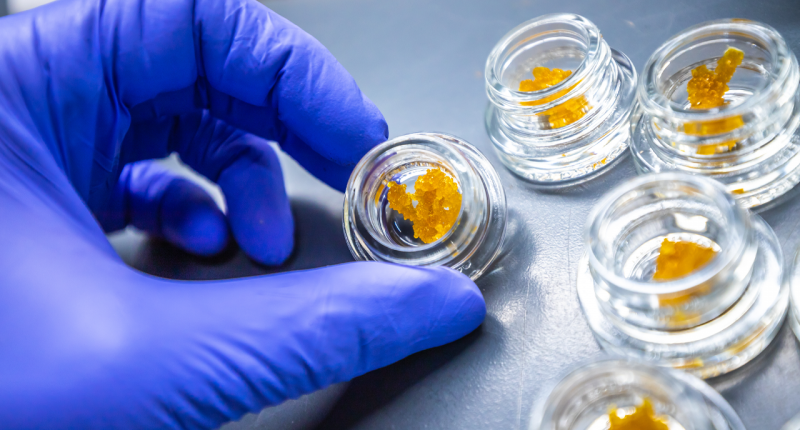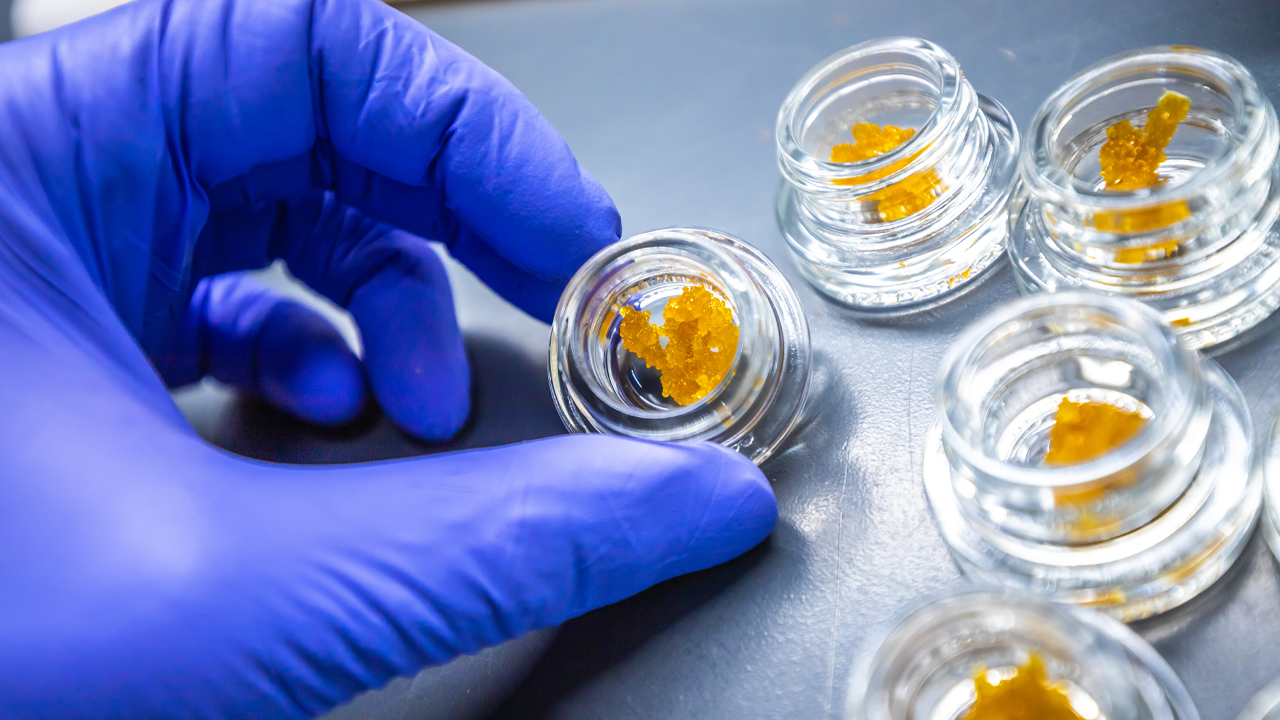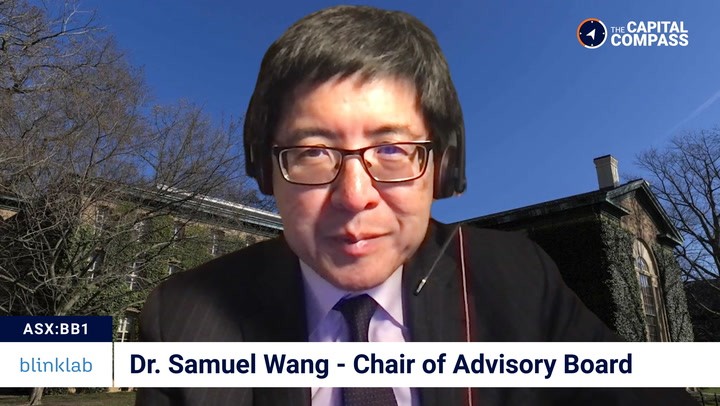- AusCann, a producer and distributor of medical marijuana products, has accelerated production with a new supply deal
- For the next three years, the company will be receiving cannabis resin from plant ingredient producers Tasmanian Alkaloids
- The deal states that AusCann will order at least 30 per cent of its resin needs from TasAlk and an additional three years of business is on the table
- AusCann are one of many companies using marijuana extracts to produce pills, oils and creams to treat cancer, alzheimer’s, epilepsy and anxiety
AusCann has boosted production of pharmaceutical cannabis products today with a new supply agreement.
Plant ingredient producers Tasmanian Alkaloids (TasAlk) will be satisfying AusCann’s cannabis resin needs for the next three years.
Outlined in the deal, AusCann will purchase a minimum of 30 per cent of its resin from TasAlk in the production process.
Cannabis resin is an important ingredient in AusCann’s products such as hard-shell capsules using marijuana extracts.
AusCann is able to extend the deal with TasAlk for a further three years if desired.
“We are delighted to continue the relationship with TasAlk, evolving into a supply agreement which benefits both companies,” said AusCann CEO Ido Kanyon.
AusCann and TasAlk have a history of business, beginning in 2017, when a strategic alliance was signed between the two.
Forces were joined between the companies to combine strengths in the cultivation of medicinal cannabis and the manufacturing and distribution of the products.
AusCann has been able to provide practitioners with cannabis-based pharmaceuticals while TasAlk continues to bank business on supplying plant-derived raw material ingredients.
Today’s deal absorbs and replaces the original 2017 alliance between the companies.
“As Medical Cannabis legislation expands globally, companies strive to better differentiate themselves by specialising in parts of the value chain where they operate with higher margins and can leverage economies of scale,” continued Ido Kanyon.
The medical marijuana industry continues to loom around the world, as regulations and laws loosen. Medication using extracts and oils from marijuana are commonly used for treating anxiety, cancer, alzheimer’s and epilepsy.
AusCann’s products have not hit a larger open market yet, but Ido expects the company to perform well when the time is right.
“The supply agreement with TasAlk provides us with flexibility in managing our supply chain and costs and maximise our value creation as we commence bringing our pharmaceutical cannabinoids-based product to market,” he said.
Today’s supply deal follows suit for AusCann on an identical agreement with MediPharm Labs earlier in February, making way for an accelerated production process.
“The agreement is a welcomed milestone for both parties, providing TasAlk with a defined quantity of business and allowing continued freedom to operate across the full supply chain,” added TasAlk Chief Operating Officer Doug Blackaby.
Shares in AC8 are trading for 35.5 cents a piece today. This marks a 5.97 per cent premium from last week’s closing price. The company’s market cap is currently valued at $109.3 million.








